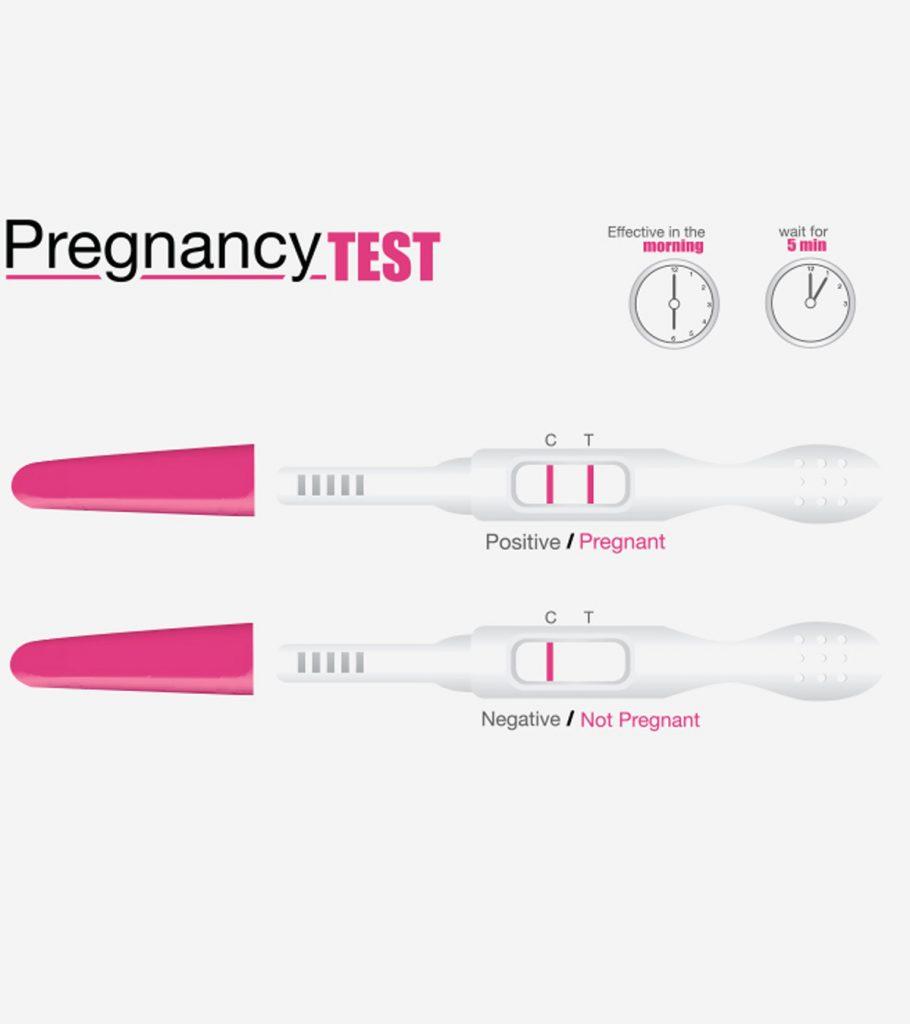
Pregnancy Urine Test Accuracy: A Comprehensive Guide
Introduction
Pregnancy urine tests are a common and convenient way to detect pregnancy. They are widely available over-the-counter and can provide results in just a few minutes. However, the accuracy of pregnancy urine tests can vary depending on several factors. This article will provide a comprehensive overview of pregnancy urine test accuracy, including the different types of tests available, their sensitivity and specificity, and factors that can affect their accuracy.
Types of Pregnancy Urine Tests
There are two main types of pregnancy urine tests:
- Qualitative tests: These tests simply detect the presence or absence of human chorionic gonadotropin (hCG), a hormone produced by the placenta during pregnancy. Qualitative tests are typically less sensitive than quantitative tests and may not be able to detect pregnancy until several days after implantation.
- Quantitative tests: These tests measure the amount of hCG in the urine. Quantitative tests are more sensitive than qualitative tests and can detect pregnancy earlier, often within 10-14 days of conception.
Sensitivity and Specificity
The sensitivity of a pregnancy urine test refers to its ability to correctly identify pregnant women. The specificity of a test refers to its ability to correctly identify non-pregnant women.
- Sensitivity: The sensitivity of pregnancy urine tests varies depending on the type of test and the brand. Qualitative tests typically have a sensitivity of 20-25 mIU/mL, while quantitative tests have a sensitivity of 5-10 mIU/mL.
- Specificity: The specificity of pregnancy urine tests is generally high, typically over 99%. This means that a positive result on a pregnancy urine test is very likely to indicate pregnancy.
Factors Affecting Accuracy
Several factors can affect the accuracy of pregnancy urine tests, including:
- Timing of the test: Pregnancy urine tests are most accurate when taken after a missed period. Taking a test too early may result in a false negative, while taking a test too late may result in a false positive.
- Dilution of urine: Diluted urine can make it difficult for pregnancy urine tests to detect hCG. It is recommended to avoid drinking large amounts of fluids before taking a pregnancy urine test.
- Certain medications: Some medications, such as diuretics and antihistamines, can interfere with the accuracy of pregnancy urine tests.
- Medical conditions: Certain medical conditions, such as ectopic pregnancy and molar pregnancy, can affect the levels of hCG in the urine and lead to inaccurate results.
Interpreting Results
The results of a pregnancy urine test are typically displayed as one or two lines. A single line indicates a negative result, while two lines indicate a positive result. However, it is important to note that even a faint second line should be considered a positive result.
If you receive a positive result on a pregnancy urine test, it is important to confirm the result with a blood test. Blood tests are more accurate than urine tests and can also provide information about the levels of hCG in your blood.
False Positives and False Negatives
Pregnancy urine tests can sometimes produce false positive or false negative results.
- False positives: False positives are rare, but they can occur due to certain medications, medical conditions, or chemical pregnancies.
- False negatives: False negatives are more common than false positives. They can occur if the test is taken too early, the urine is diluted, or there is a problem with the test itself.
Conclusion
Pregnancy urine tests are a convenient and widely available way to detect pregnancy. However, it is important to understand the limitations of these tests and to interpret the results carefully. If you receive a positive or negative result on a pregnancy urine test, it is important to confirm the result with a blood test.